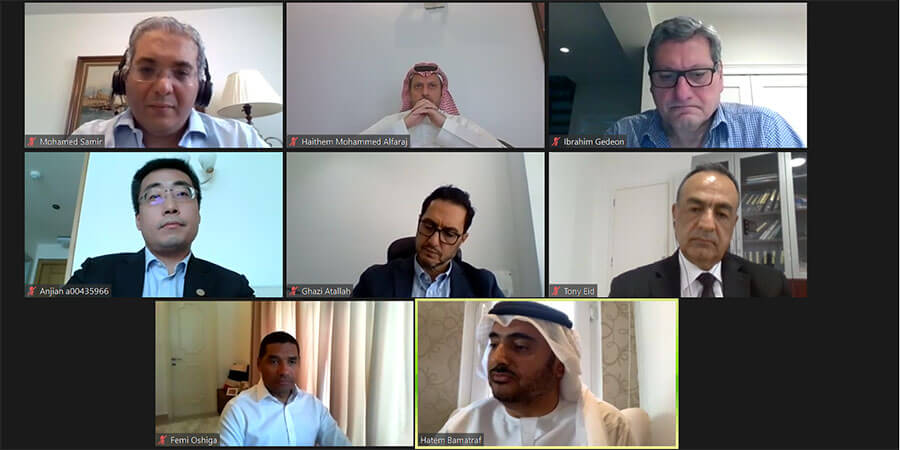After discussing the impact that COVID-19 has had on 5G deployment from the point of view of operators and vendors, the panel’s moderators, Toni Eid, Founder of Telecom Review and CEO of Trace Media asked the panelists whether they think that 5G played a certain role during the pandemic.
Dr. Ibrahim Gedeon, CTO, TELUS emphasized how the pandemic induced a change in behavior rather than an impact on technology.
“Everyone is working from home now. At TELUS, 90% of employees are working remotely. From our point of view, the impact of the pandemic is more on the behavior than on the technology.”
TELUS CTO pointed out how security is also changing with the remote working polices and stressed the need to look into that aspect that the COVID-19 has also put under the spotlight.
On the role of fixed networks during COVID-19, Haithem Mohammed Alfaraj, Senior VP of Technology and Operations Unit, stc explained that fixed networks provide a more reliable service and stability compared to mobile networks. According to him, governments will refocus on rolling out fixed networks in the context of digitizing their infrastructure.
Mohamed Samir, VP of Global Services for Middle East and Africa, Nokia lauded the role of fixed wireless access during COVID-19.
He said, “What was important during the COVID-19 pandemic is the transport layer and the fiber layer. In some countries, fixed networks and fiber carried a lot of traffic. However, in underserved communities, we saw the need for fixed networks. Operators needed a fast way to accelerate the rollout in order to serve consumers’ demand. During COVID-19, operators who didn’t have a strong fixed network backbone had to change their strategies. In fact, according to a research by Nokia, on the consumer side, FWA ranked as the top use case, with 76% of consumers overall regarding FWA as the most appealing application.”











